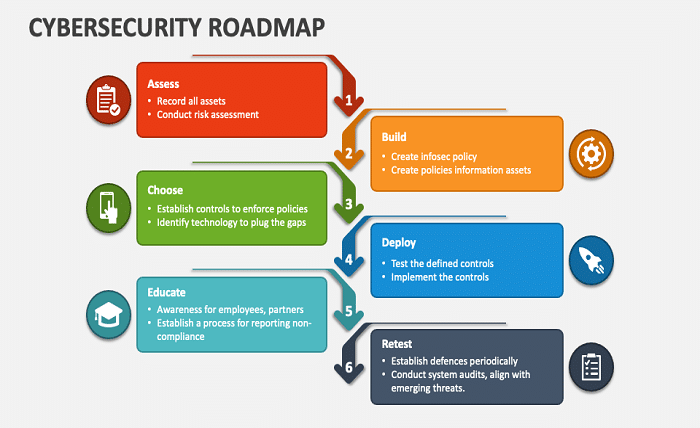In the realm of digital connectivity, the quest for faster internet speeds is unending. From streaming high-definition content to conducting seamless video conferences, the demand for swift data transfer has become a necessity rather than a luxury. Amidst this pursuit, proxyium have emerged as a potential solution, with claims of boosting internet speeds and improving browsing experiences. But do these claims hold true, or are they mere illusions in the world of cyberspace?
Understanding Proxies
Before delving into the effectiveness of proxies in accelerating internet speeds, it’s crucial to grasp their fundamental role. A proxy server acts as an intermediary between a user’s device and the internet. By routing internet traffic through a different server, proxies can provide anonymity, circumvent geo-blocking, and enhance security by masking the user’s IP address.
The Promise of Proxyium: Accelerating Internet Speeds
Enter Proxyium, a cutting-edge proxy technology that promises not only to anonymize internet activity but also to optimize connection speeds. Advocates of Proxyium argue that by caching frequently accessed content and compressing data packets, it can reduce latency and increase bandwidth efficiency. This, in theory, translates to faster loading times for web pages and smoother streaming of multimedia content.
Reality Check: Evaluating the Claims
While the concept of Proxyium sounds promising, its real-world performance may vary. The effectiveness of proxies in boosting internet speeds depends on several factors:
- Proximity to Proxy Servers: The physical distance between the user and the proxy server plays a crucial role. Generally, connecting to a proxy server closer to your location can reduce latency and improve speed.
- Server Load and Capacity: The capacity of the proxy server and the number of users accessing it simultaneously can impact performance. Overloaded servers may lead to slower response times and reduced browsing speeds.
- Type of Content: The type of content being accessed also influences the perceived speed enhancement. For instance, caching static web pages can significantly reduce load times, whereas streaming high-definition video may still be subject to the limitations of the original internet connection speed.
- Encryption Overhead: In cases where proxies encrypt traffic for security reasons, there may be an overhead that offsets any speed gains, particularly if the encryption/decryption process is resource-intensive.
Conclusion: Myth or Reality?
While proxies like Proxyium have the potential to improve internet speeds under optimal conditions, their impact may not always meet exaggerated claims. Users should consider their specific needs—whether it’s enhancing privacy, accessing geo-restricted content, or potentially speeding up browsing—before opting for proxy services. Additionally, relying solely on proxies to solve internet speed issues may overlook other critical factors such as ISP capabilities, network congestion, and hardware limitations.
Ultimately, while proxies can play a role in enhancing online experiences, their effectiveness in boosting internet speeds should be viewed with a balanced perspective. They are tools that can complement but not entirely replace efforts to improve internet infrastructure and connectivity. As technology continues to evolve, so too will the capabilities and limitations of proxies like Proxyium, offering both opportunities and challenges in the quest for faster, more reliable internet access.





